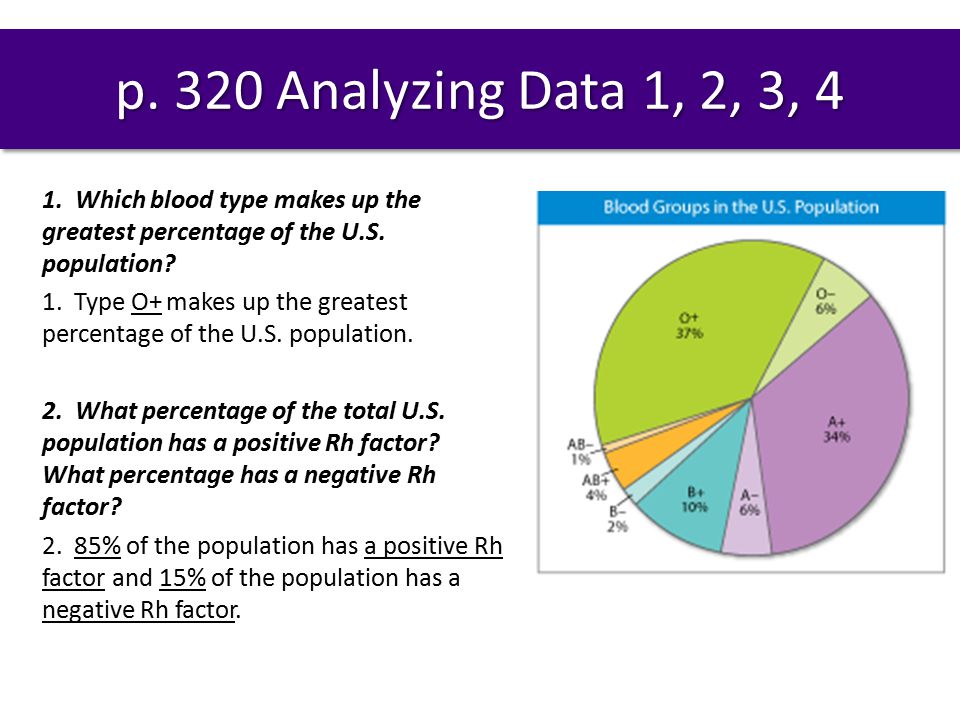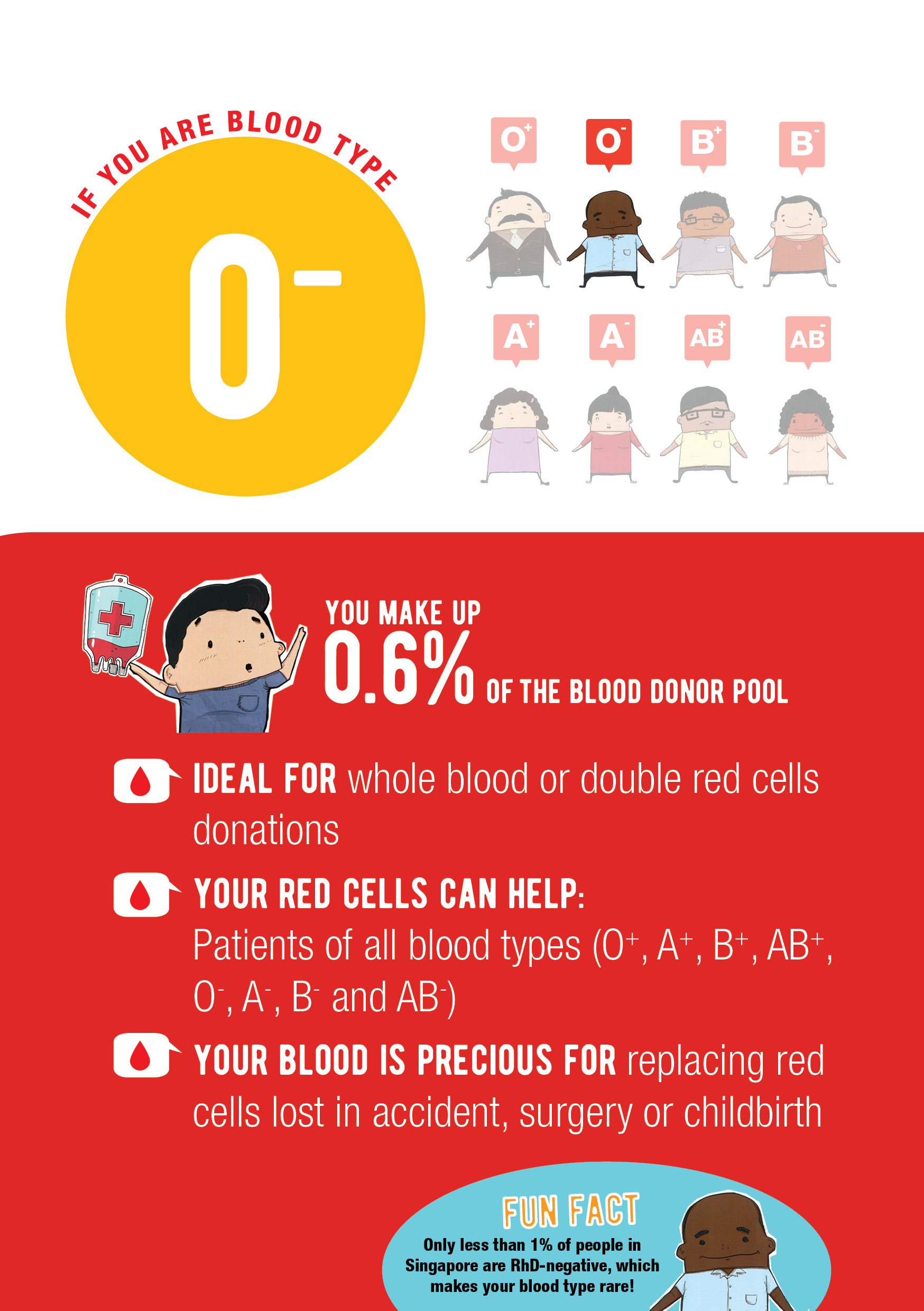

But in some rare cases, blood type has been known to change, including in cases of bone marrow transplants and in people who developed certain types of cancers or infections, according to the Cleveland Clinic. Can blood types change?Ī person's blood type does not usually change, meaning it stays the same throughout life. One of the rarest blood types in the world is known as "Rh-null " fewer than 50 people in the world have been found to have this blood type, earning it the name "golden blood," the Cleveland Clinic says. Specifically, rare blood types are those that are found in 1 in 1,000 people or fewer.

A person's blood type is rare if their blood does not have an antigen that most people have, or if their blood does have an antigen that most people lack, according to the Cleveland Clinic. What are "rare" blood types?Īlthough ABO and Rh groups are the most important blood groups for transfusions, there are hundreds of other antigens that have been found on the surface of people's red blood cells. In particular, type O-negative blood is in high demand because it's the one most often used for emergencies, when there may not be time to determine a patient's blood type. Type O blood is often in short supply in hospitals, due to demand for this universal donor type, according to the Red Cross. People with type O blood are called "universal donors" because this type can be used for patients with any blood type. What blood type is the "universal donor"? Type O blood can be used for patients with type A, type B, type AB and type O blood. What's more, type A blood can be used for transfusions for patients with type A or type AB blood type B blood can be used for patients with type B or type AB blood and type AB blood can be used for patients with type AB blood. People who are Rh-negative can only receive Rh-negative blood, but people who are Rh- positive can receive either Rh-positive or Rh-negative blood, the Red Cross says. Blood type and transfusionsīlood typing is particularly important for blood transfusions, because certain antigens on blood cells can trigger a person's immune system to attack the donated blood. Yes, a person's blood type is genetic, inherited from his or her parents, according to the Red Cross. A person's blood type is designated as "positive" if they have the Rh protein on their red blood cells, and "negative" if they don't have this protein. Individuals with type AB blood have both people with type O blood have neither.Īnother protein, the " Rh factor" - also known as the "Rhesus" system - is also present or absent on red blood cells. Two of the main antigens used for blood typing are known as "A antigen" and "B antigen." People with type A blood only have A antigens on their red blood cells and those with type B blood have only B antigens. A person's blood type is based on whether or not they have certain molecules or proteins - called antigens - on the surface of their red blood cells, according to the National Institutes of Health.


 0 kommentar(er)
0 kommentar(er)
